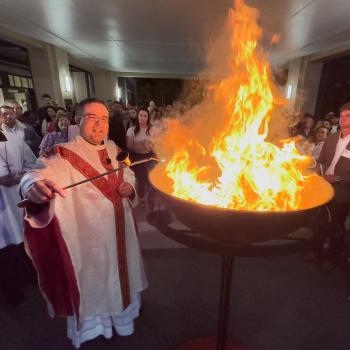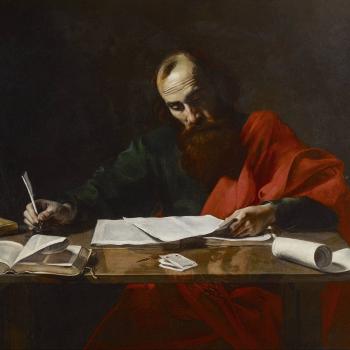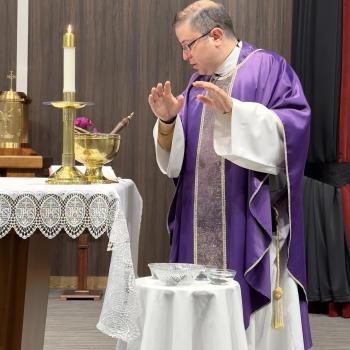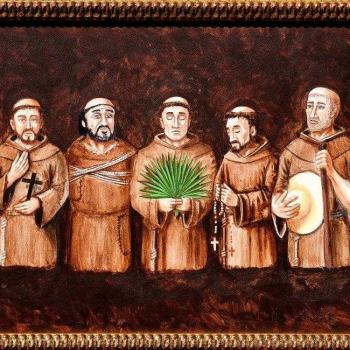Written for The Southern Cross
Earlier this month a group of Catholic bishops led by Cardinal Sean O’Malley of Boston celebrated a Mass at the U.S.-Mexico border in Nogales, Arizona. Mass attendees were at both sides of the border fence. Pictures of the distribution of communion show hands in between steel bars stretched out to receive the Eucharist from a priest standing on the opposite side of the border.
During his homily, Cardinal O’Malley stated he was inspired and emboldened by Pope Francis who visited Lampedusa, Italy, a place that has become synonymous with the suffering of immigrants going to Europe from North Africa. The small Mediterranean island of Lampedusa is closer to Tunisia than it is to the country that claims it, Italy, making it a point of entry for Africans fleeing poverty and oppression. Following the Pope’s example, O’Malley traveled to the border with Mexico to raise awareness of the great suffering which happens there each day.
O’Malley began his homily with a personal story to provide a glimpse of the hardships and humiliations many immigrants face as they seek a better life for themselves and their children. The story told of a man who after six months of sending money to his family in El Salvador had received a letter from his wife accusing him of abandoning her and his children. When O’Malley asked if he had sent checks or money orders, the man responded he had sent cash: “Each week I put all the money I earn into an envelope with the amount of stamps that I was told and I put it in that blue mailbox on the corner.” O’Malley looked out the window to see the mailbox the man made reference to, and to his dismay, realized it was not a mailbox but a fancy trash bin.
Many have asked a reasonable question, why celebrate a Mass at the border? Among those asking this question is the well-known Catholic writer George Weigel who stated during an interview on EWTN,” It’s not clear to me how holding Mass in these circumstances can be anything other than politicized.” He added, “To turn the Mass into an act of essentially political theater is something I thought we had gotten over in the Church, no matter how noble the cause might be.”
In celebrating Mass at the border the bishops are being consistent with their preaching of the Gospel which recognizes the dignity of every human person. The Eucharistic celebration at the border is consistent with the Eucharist celebrated each year at the Basilica of the Immaculate Conception in Washington DC before the March for Life which calls for the respect of human life. It is also consistent with the Masses and events held these past two years calling for religious freedom including the Mass held at Forsyth Park in Savannah two summers ago. None of these moments represent a politicization of the Mass as Mr. Weigel suggests, but rather a moment where bishops have stood up for Gospel teachings and have prayed for the conversion of society.
Unfortunately the bishop’s visit to the border has been viewed first through political lens when the bishops as pastors have reached out to their flock which is suffering tremendously.
















